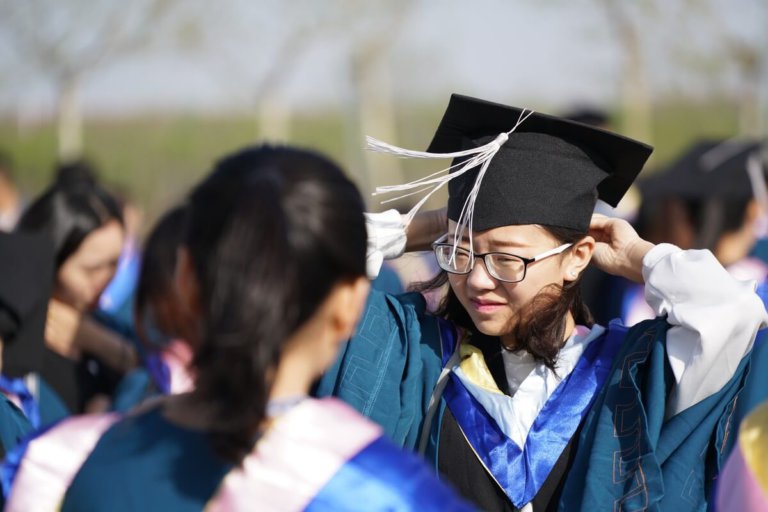
China’s crackdown on its academic freedom is proving to be a clash of ideologies for US institutions with a presence in the nation.
Recent charter changes to three Chinese universities, which include dropping “freedom of thought” and a pledge to follow China’s Communist Party leadership, have sparked widespread concern among students and academics, both at home and abroad.
Many US institutions uphold freedom of thought; promoting free inquiry serves as a catalyst for constructive learning and research. The right to free speech is also enshrined in the US Constitution.
Among the universities affected by the changes include Fudan University, one of the world’s top universities and among China’s more liberal institutions.
The charter changes came to light on December 17 when the education ministry said it had approved alterations for three universities, reported Reuters.
Shaanxi Normal University and Nanjing University are the two other universities that made changes to their charters, according to documents published by the Ministry of Education, which showed that it had approved the changes on December 2.
The revised charters included references to strengthening the leadership of the Communist Party at the universities.
China tightens its leash on its universities

Fudan University in Shanghai, China is a selective university. Source: Shutterstock
The call for universities to comply with President Xi Jinping’s political philosophy is making American institutions anxious. According to The Wall Street Journal (WSJ), 14 US universities have opened branch campuses in China.
Despite that, these universities – even those whose Chinese partners didn’t change their charters – are staying vigilant.
Speaking to WSJ, Denis Fred Simon, executive vice chancellor at Duke Kunshan University – a partnership between Duke University and China’s Wuhan University established in 2013 – highlighted his concerns over these developments, adding that while they haven’t experienced any intrusions, “we don’t exist in a bubble”.
Meanwhile, a spokesman for the University of California, Berkeley was quoted saying: “We greatly value our international relationships, but will not compromise when it comes to the university’s foundational values.”
The university had opened a joint research and educational partnership with Tsinghua University and the Shenzhen municipal government in China in 2014.
A spokeswoman for Johns Hopkins University, which has a school of advanced international studies in partnership with Nanjing University, said in an email that the joint programme “was founded on the principle of academic freedom.”
“Any externally imposed limits or restraints on academic freedom in the classroom or on students or faculty members’ work would be wholly inconsistent with the university’s principles,” she was quoted saying.
Liked this? Then you’ll love…
Is Nepal becoming an important growth market for higher education?
Why Indian universities are watching students’ social media accounts







